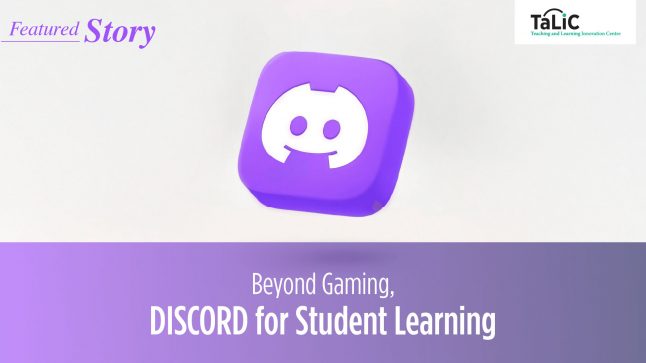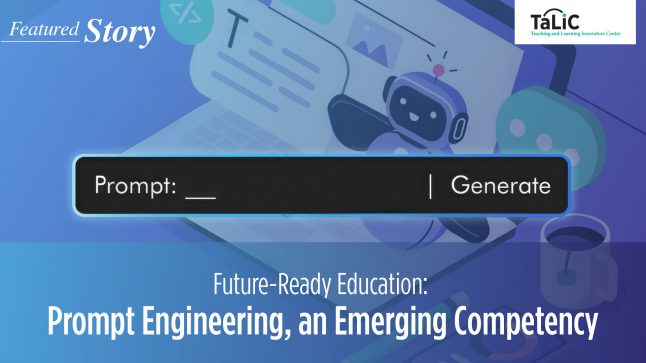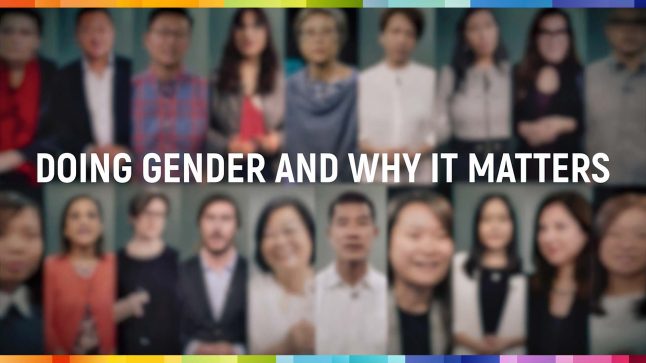
One of the University’s strategic research themes under the ‘Community Area’ hosted by the Faculty of Education is The Sciences of Learning Strategic Research Theme (SoL-SRT). A component of this theme was the Spring Symposium 27-28 February: Young Researchers in the Science of Learning, hosted by the Laboratory for Communication Science, SoL and the Faculty of Education.
This symposium showcased the findings of postgraduate students, post-docs and RAPs across all faculties in the university in order to promote the cross pollination of ideas and encourage cross-disciplinary collaboration. Testimony to the breadth of topics are the variety of keynote speeches, which explored Neuropsychology, Computer Science and Engineering, and Psychology and Human Development. Post-doc presentations drew on research conducted in fields including Speech and Hearing Science, Medicine, Psychology, and Human Performance.
Preceding these highly innovative and engaging discussions was a series of talks which explored new methods in the Science of Learning. The E-learning Pedagogical Support Unit’s Steve Roberts delivered a presentation which looked at how to maximise germane cognitive processing of the viewer of educational videos, and minimise extraneous cognitive load*. Richard Mayer’s Educational Psychology research into multimedia learning formed the backbone of the discussion and initiated a series of questions which touched on learner expectations, available tools, and best practices given potential resource constraints.
The enthusiasm behind the possibilities to collaborate through cross-disciplinary research and chats around how to bridge research and pedagogy were inspiring. Many thanks to the symposium hosts for this fantastic opportunity to learn from peers and colleagues!
*If your centre, division or faculty would like to discuss the principles underlying cognitive load in video production, please contact an instructional designer at the E-learning Pedagogical Support Unit.











